Click to Skip Ahead
Basil, also known as sweet basil, is a member of the mint family. It is native to India but grown across the world, especially as a culinary herb. It is used heavily in Italian cooking and is the basis of pesto. It’s regularly used to spice up pizzas and is cooked as an accompaniment for fish, pasta, and meat dishes. It is also known to contain antioxidants like lutein and beta-carotene, which can protect your body’s cells.
Basil is considered healthy for human consumption, but is it good for our feline friends, or is basil safe for cats? Basil is not considered poisonous or toxic for cats. It is safe for them to consume, though it is worth noting that this member of the mint family is considered unappealing to most cats.
Can Cats Eat Basil?
Although basil (Ocimum basilicum) is not considered toxic to cats, it doesn’t really offer any nutritional benefit to them either, so there is no benefit to feeding this culinary ingredient to your pet cat.
Cats are obligate carnivores, which means that they need to eat meat and that they do not gain a lot of benefit from eating many plant-based foods.
While you don’t need to worry if your cat steals a little basil from the pot or your plate, there is no known benefit to feeding it to them.

Other Herbs That Are Safe for Cats
Please note that if you are planning to give any herbal supplement to your cat, you should always consult with your vet first. Not all herbs are safe for cats, and certain preparations may contain plant extracts that are toxic to your pet.
1. Valerian
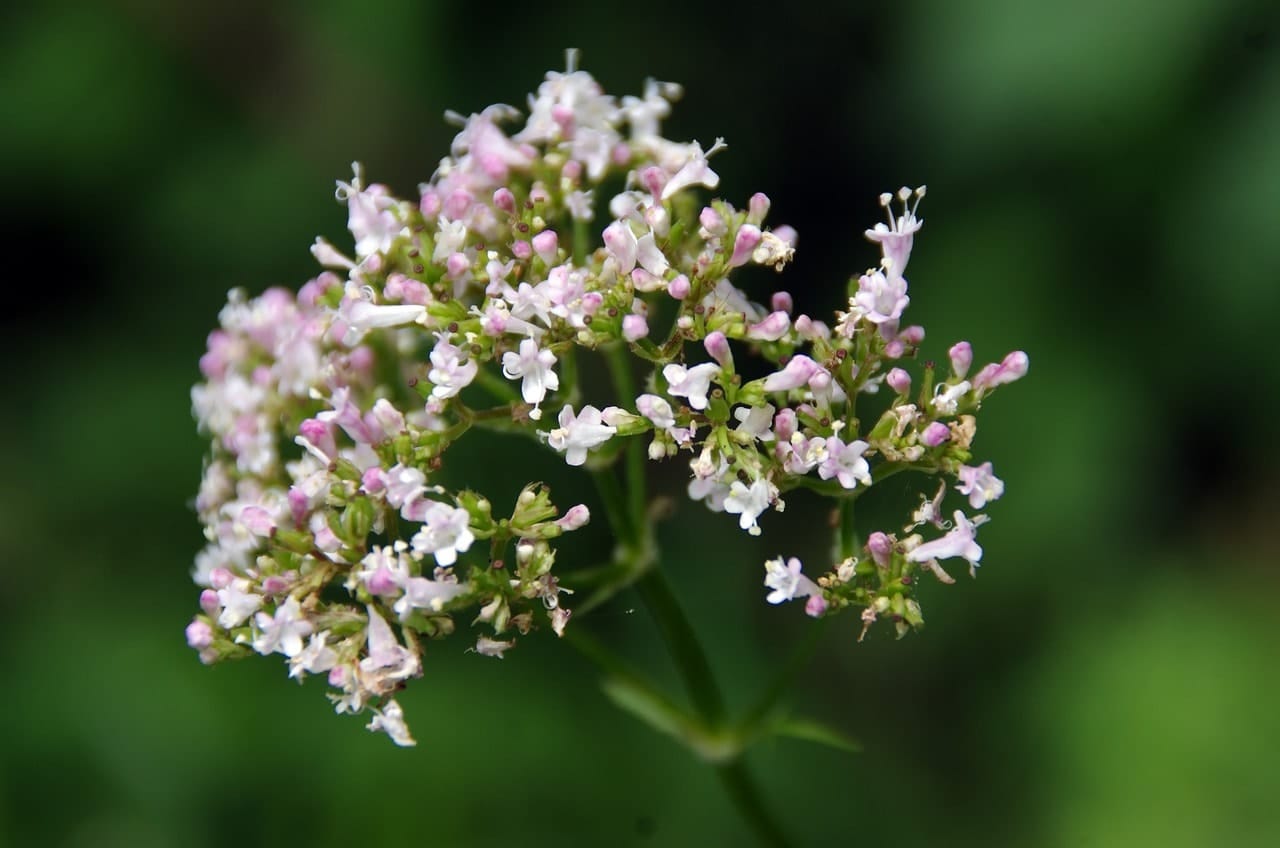
Valerian (Valeriana officinalis) is a large plant with white flowers. The root of this plant is sometimes used in cat toys as an alternative to catnip. It is a potent stimulant for cats, and it can make them feel euphoric. For people, it can have quite a different effect, and the smell of valerian root has been likened to that of body odor.
2. Witch Hazel
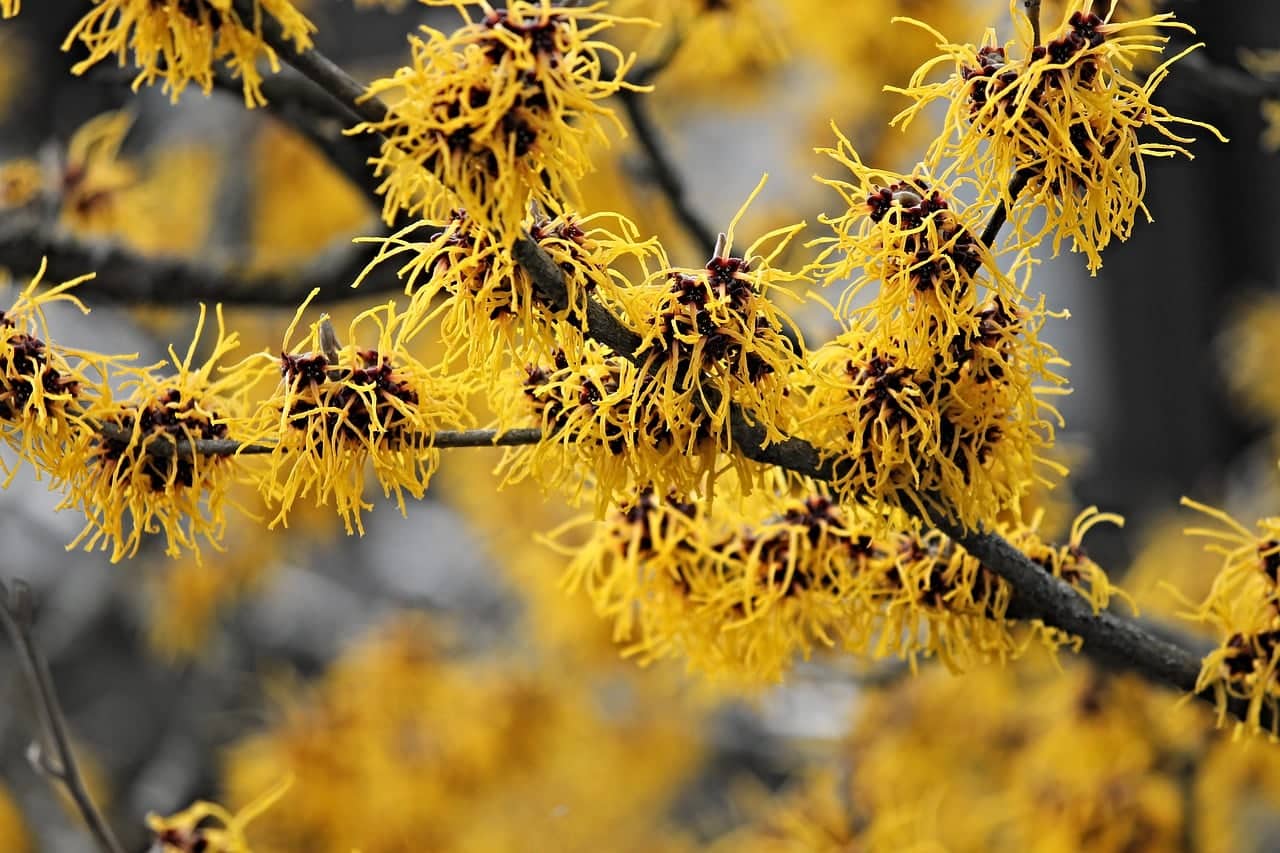
Witch hazel (Hammamelis virginiana) is an anti-inflammatory that can be used in people to help alleviate the itching and irritation that is caused by allergies. It enjoys a similar use in cats, too, and can help reduce itching and even be used to combat feline acne. It should be diluted and should be sprayed or rubbed on the area. It should not be fed to your cat.
3. Echinacea

Echinacea is another herb that can benefit humans and their feline friends. This particular herb is useful because it helps strengthen the immune system so it can help prevent your cat from getting ill. It can be bought as a cat supplement.
4. Licorice
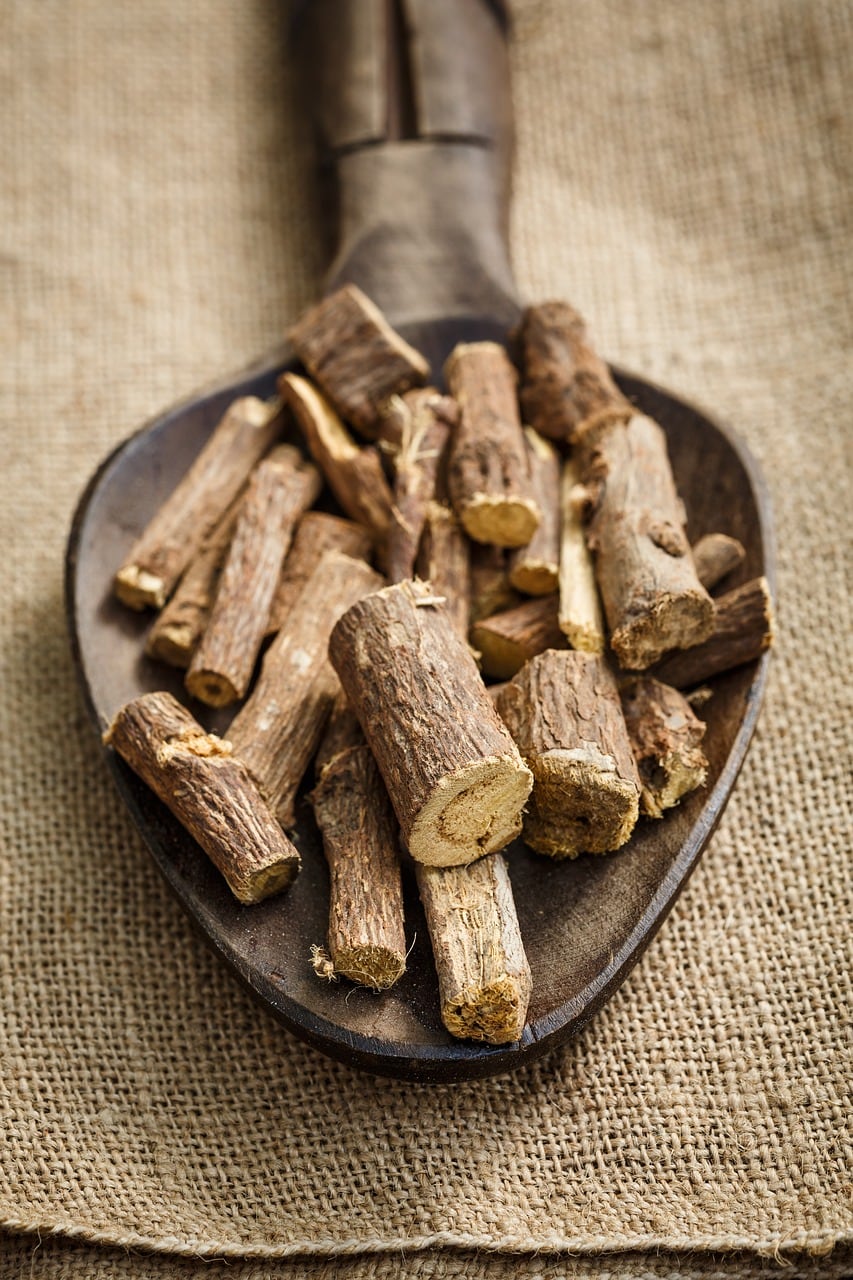
Licorice root (Glycyrrhiza glabra) is another herb that like witch hazel, can be used to alleviate the itching and skin inflammation caused by allergies. It can also help beat the signs of a cold, as well as digestive issues.
5. Cat’s Claw
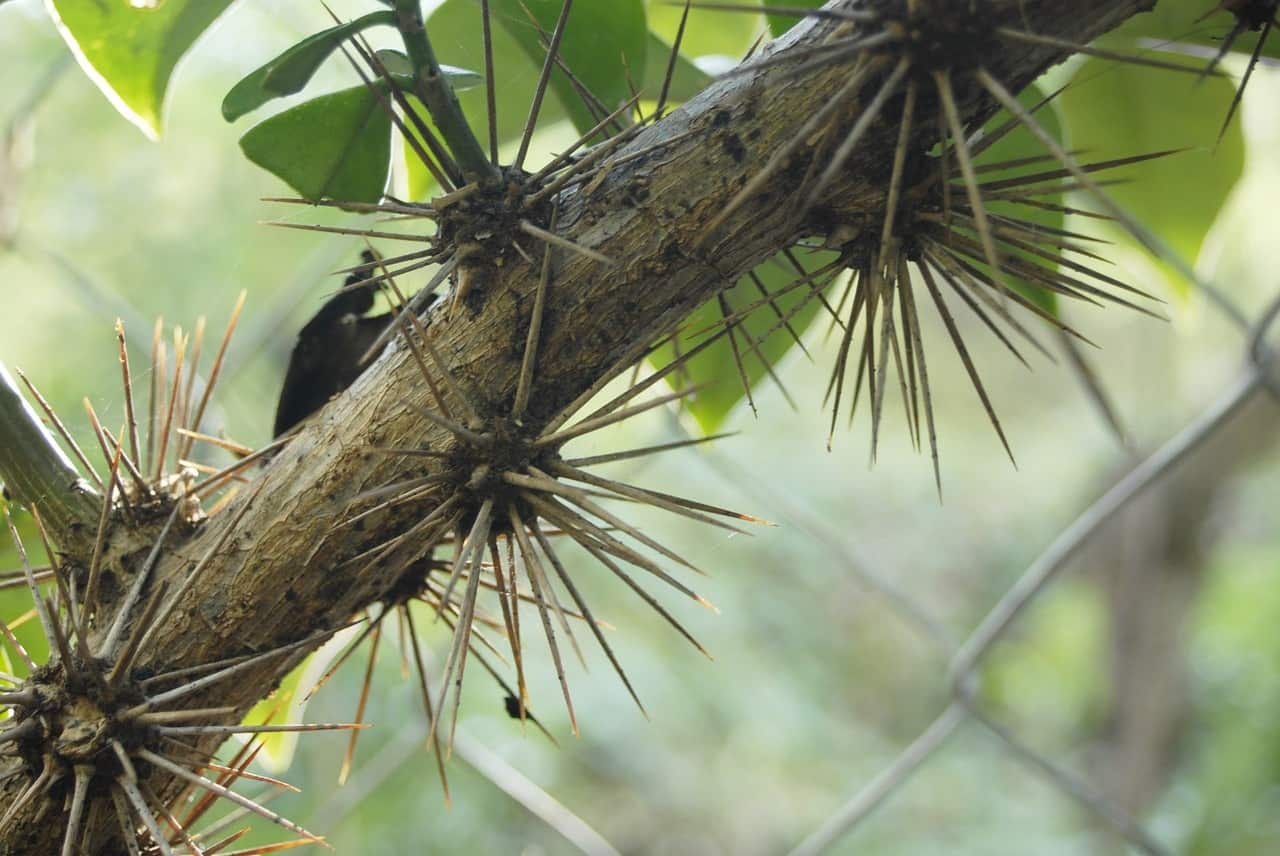
Cat’s claw (Uncaria tomentosa) is a supplement that comes from a tropical vine. It can fight allergies and allergic reactions, fights and prevents disease by modulating the immune system, and is another herb that may help improve your cat’s digestion and digestive system.
6. Catnip

The benefits and effects of catnip (Nepeta cataria) are well known. It is a stimulant and a member of the mint family like basil, but it contains the compound nepetalactone, which can drive your cat wild. Not all cats react to catnip, but you will know if this is the case with your cat. Too much catnip can induce vomiting and diarrhea, so consumption should always be moderated.
What Herbs Are Dangerous for Cats
Not all herbs are safe or beneficial for cats. You should avoid growing the following if your cat tends to eat as a means of investigating, and you should keep an eye on your feline friend if they have wolfed any of these ingredients down.
1. Garlic
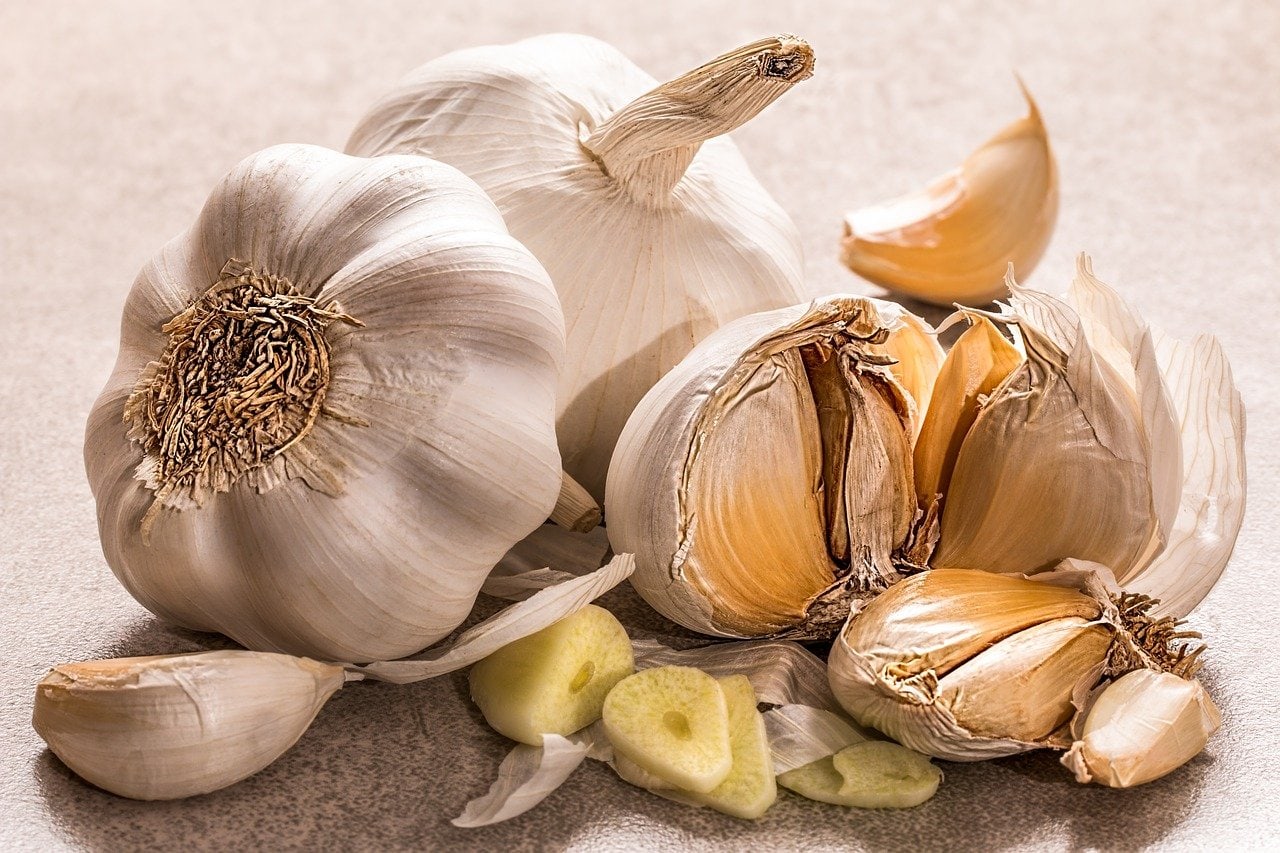
Garlic is one of the better-known toxins for cats and dogs. Onions and chives are also members of the Allium family, and these are all toxic to cats. In fact, you should also avoid giving leeks to your cat because if ingested, they can cause digestive upset and red blood cell damage, leading to anemia and even death.
2. Chamomile
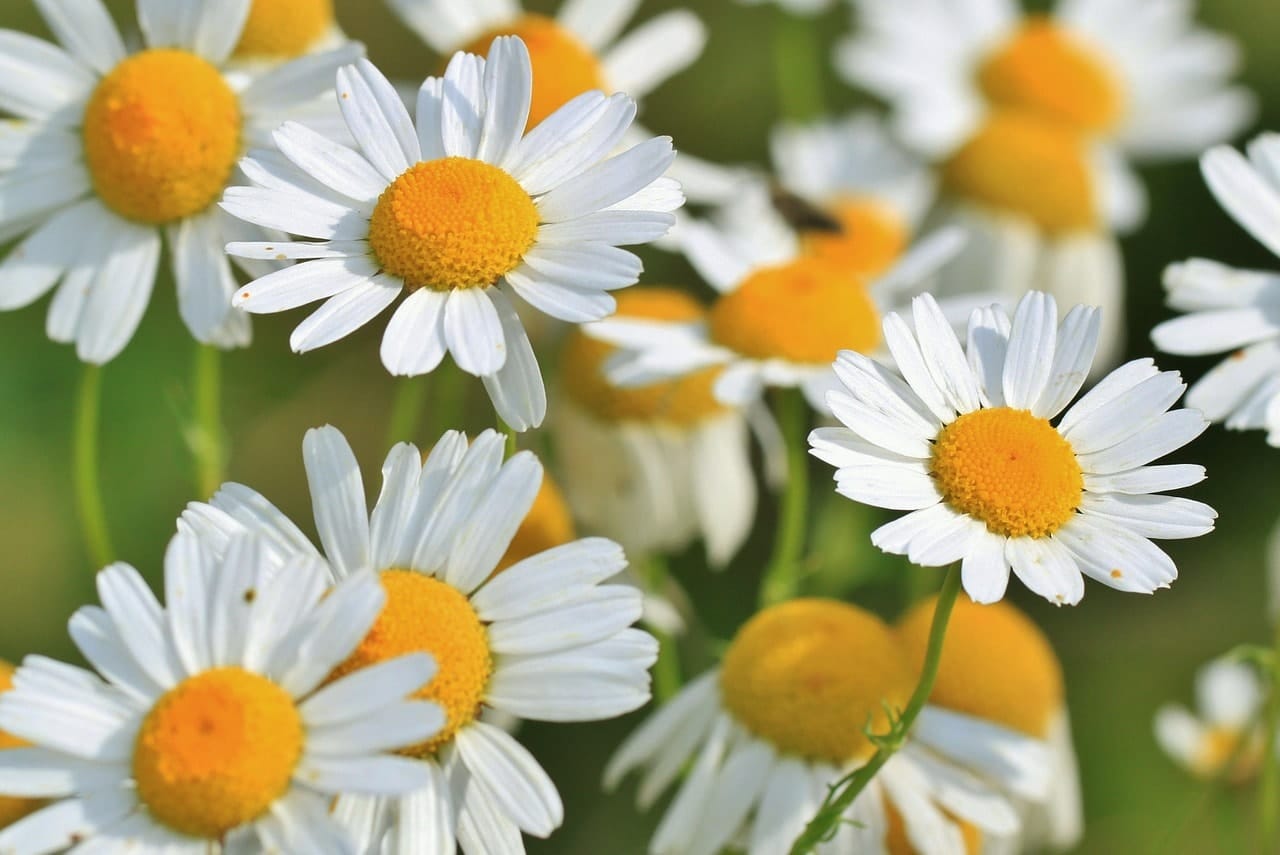
Chamomile is a relaxant for humans and is often said to be safe for cats. However, this is misleading because Roman chamomile (Chamaemelum nobile) is toxic, and it can cause contact dermatitis in your cat and may even lead to gastrointestinal upset.
Is Basil Toxic to Cats?
Basil is a member of the mint family and is very popular as a culinary herb for humans. It even offers some health benefits. While it isn’t toxic for cats, it also offers minimal benefit and little nutritional benefit for the obligate carnivores. While you don’t need to stop growing it in the herb garden and shouldn’t worry if your cat has eaten any off your plate, it is unlikely that your cat will enjoy or even appreciate the flavor of the herb.
See also:
- Is Lavender Toxic to Cats? Everything You Need to Know!
- Are String of Hearts Toxic to Cats? Common Houseplants Examined
Featured Image Credit: Pixabay













